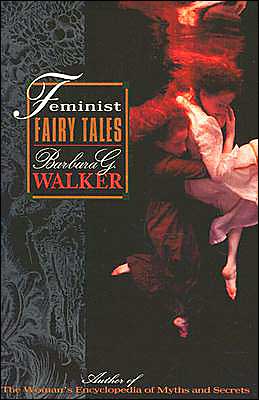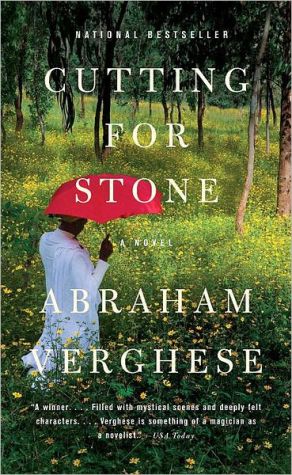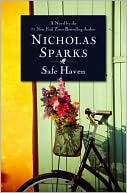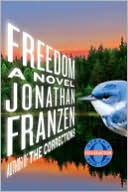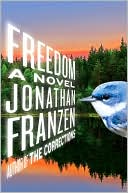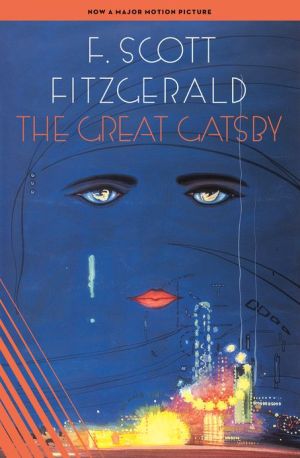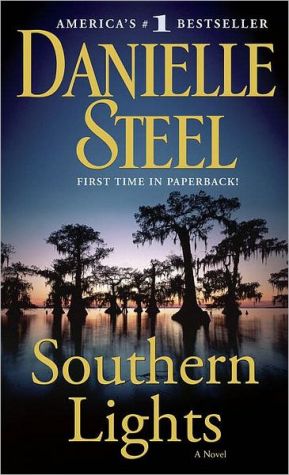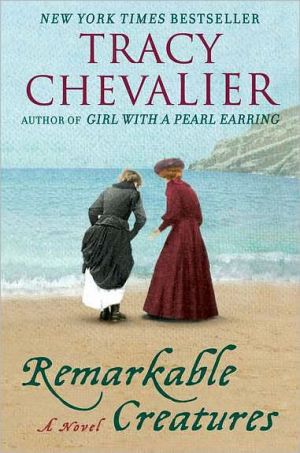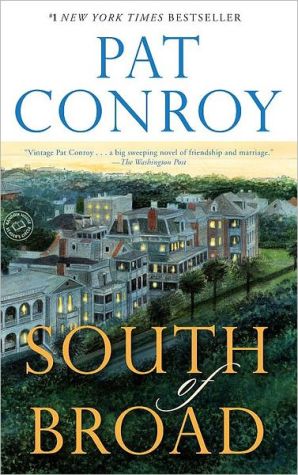Feminist Fairy Tales
Prominent feminist author Barbara Walker has revamped, retold, and infused with life some of your favorite classic fairy tales. No longer are women submissive, helpless creatures in need of redemption through the princely male! Instead they are vibrantly alive, strong women who take fate into their own hands.
Search in google:
Prominent feminist author Barbara Walker has revamped, retold, and infused with life some of your favorite classic fairy tales. No longer are women submissive, helpless creatures in need of redemption through the princely male! Instead they are vibrantly alive, strong women who take fate into their own hands.Publishers WeeklyWalker has applied her considerable scholarship to re-spin classic fairy tales, reinterpret folklore staples and write a few original stories of her own in a manner that reflects a serious-and sometimes funny-feminist mind. Wordplay groaners (characters named Barbidol, Devi Jones, Lowkey) and contemporary mores, terms and conveniences in ancient settings (running water, a silicon-based race, true-crime stories, private schools) may amuse some. But the strength of the work lies in rich, lyrical straight pieces like ``The Descent of Shaloma,'' ``The Oracle'' and ``The White God.'' In perfect read-aloud cadence, the stories elevate women to the heroic roles: Gorga, who umasks the dragon; Ugly, who lives narcissism-free with the Beast; Jill, who descends the beanroot into the earth; Ala Dean, who asks the lamp not for riches but for peace and equality; White Riding Hood, who feeds the hunter to the wolves. Walker introduces each of the 28 stories with a brief commentary on its origins and meaning-from Gtterdmmerung to Jung. Her feminism is couched in complexities that make this a book to build a seminar around. Illustrated by Laurie Harden. (Jan.)
IntroductionThe She-Wolf1Princess Questa7Snow Night19Gorga and the Dragon27The Frog Princess35Ugly and the Beast47Thomas Rhymer55Jill and the Beanroot63Barbidol71Sir Vivor and the Holy Cauldron79Ala Dean and the Wonderful Lamp91The Descent of Shaloma101The Weaver111The Sea Witch121Prince Gimme and the Fairy of the Forest129The Oracle141Lily and Rose149The Gargoyle157Little White Riding Hood165How the Sexes Were Separated171The Littlest Mermaid177Cinder-Helle189How Winter Came to the World197The Empress's New Clothes209The Three Little Pinks217Fairy Gold225How the Gods Met Their End233The White God239
\ Publishers Weekly - Publisher's Weekly\ Walker has applied her considerable scholarship to re-spin classic fairy tales, reinterpret folklore staples and write a few original stories of her own in a manner that reflects a serious-and sometimes funny-feminist mind. Wordplay groaners characters named Barbidol, Devi Jones, Lowkey and contemporary mores, terms and conveniences in ancient settings running water, a silicon-based race, true-crime stories, private schools may amuse some. But the strength of the work lies in rich, lyrical straight pieces like ``The Descent of Shaloma,'' ``The Oracle'' and ``The White God.'' In perfect read-aloud cadence, the stories elevate women to the heroic roles: Gorga, who umasks the dragon; Ugly, who lives narcissism-free with the Beast; Jill, who descends the beanroot into the earth; Ala Dean, who asks the lamp not for riches but for peace and equality; White Riding Hood, who feeds the hunter to the wolves. Walker introduces each of the 28 stories with a brief commentary on its origins and meaning-from Gtterdmmerung to Jung. Her feminism is couched in complexities that make this a book to build a seminar around. Illustrated by Laurie Harden. Jan.\ \ \ \ \ Library JournalWalker, author of numerous feminist works, offers here a collection of 28 fairy tales in which women are the adventurous protagonists, confronting the whims and frailties of humanity and of the supernatural. Most of the tales are retellings of well-known classic fairy tales from a feminist perspective, reflected in titles such as "Gorga and the Dragon," "Ugly and the Beast," "Cinder-Helle," and "The Empress's New Clothes," while others are based on Greek myths or are Walker's own tales. Walker's rendition of the classic works maintain their style, language, and tone while integrating feminist themes, a balance she also achieves with her own tales, though "Barbidol," which plays on the contemporary cultural messages of the Barbie, Ken, and GI Joe dolls, seems out of place. The black-and-white drawings accompanying each tale are in keeping with the traditional style and feminist focus. This is an entertaining and thought-provoking collection for women's and literary studies.-Jeris Cassel, Rutgers Univ. Libs., New Brunswick, N.J.\ \ \ School Library JournalYATraditional fairy tales describe the princess or heroine as beautiful, obedient, generous, and kind; of all these, beauty is the most prized attribute. Walker's women are gutsy, resourceful, realistic, and firmly in tune with nature; their beauty comes from within. In "Ugly and the Beast" one of the turnabout stories, Ugly is loved by her family and by the Beast for her sweetness; her far-from-perfect looks are irrelevant. "Princess Questa" confronts her fears of making changes, and, with growing confidence, takes control of her life. Environmental messages are woven into such stories as "White Riding Hood" and "The White God." Antiviolence themes appear in "Barbidol"; in "Snow Night," the good stepmother effectively thwarts the attempted rape and murder of her stepdaughter. The excellent explanations that precede each story provide scholarly references to Babylonian, Sumerian, Biblical, Greek, Roman, Celtic, and German myths and creation stories. The author's writing style is witty, whimsical, creative, clever, mostly smooth, and only occasionally heavy-handed in message. Her 28 stories belong in all YA collections. The book can be used for booktalking and as a source for creative writing or short-story assignments. It is not, however, for those who believe in the very traditional views of women. These fairy tales are tools for empowerment.Judy Sokoll, Fairfax County Public Library, VA\ \
